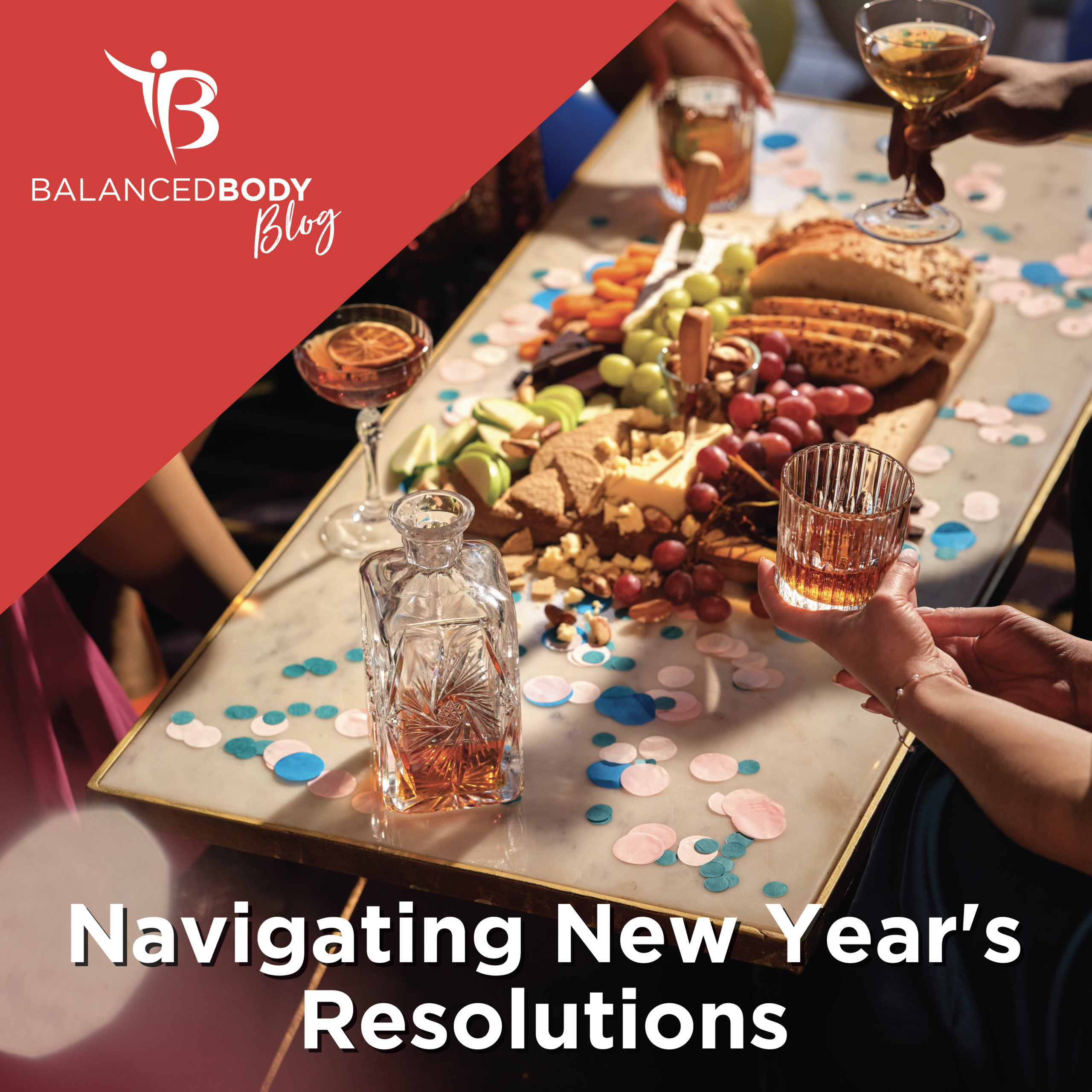As the calendar turns, many individuals embark on a journey of self-improvement, setting New Year’s resolutions to achieve personal goals. A common theme among these aspirations is the desire for a healthier lifestyle, often accompanied by a focus on diets. Let’s delve into the world of New Year’s resolutions, explore the relationship between resolutions and diets, and discuss the importance of sustainable changes.
The Resolution Rush: A Tradition of Renewal
The tradition of making New Year’s resolutions dates back centuries, with individuals using the turning of the year as a symbolic fresh start. Resolutions often revolve around health, fitness, and overall well-being. Among the popular resolutions, dietary changes hold a prominent place, as many seek to adopt healthier eating habits.
The Allure of Diets: Quick Fixes or Sustainable Solutions?
Diets, ranging from trendy fads to well-established nutritional approaches, are a go-to choice for those seeking rapid results. However, the allure of quick fixes often overshadows the importance of sustainable solutions. While diets may yield initial success, maintaining long-term change requires a shift in mindset and lifestyle.
Common Diets and Their Impact
Various diets capture the attention of resolution-makers each year. From the ketogenic diet to intermittent fasting, each approach has its proponents and critics. It is crucial to approach diets with a discerning eye, considering individual needs, preferences, and the potential long-term effects on health.
The Pitfalls of Extreme Resolutions
Extreme resolutions, such as drastic calorie restrictions or eliminating entire food groups, can lead to short-term success but may be unsustainable in the long run. Striking a balance between realistic goals and achievable milestones is key to ensuring lasting change.
Building Sustainable Habits
Rather than relying solely on diets, individuals can focus on building sustainable habits that contribute to overall well-being. This includes a balanced diet, regular physical activity, and adequate rest. Small, gradual changes are often more effective than drastic overhauls, allowing for a smoother transition into a healthier lifestyle.
Mindful Eating: A Holistic Approach
Mindful eating is an essential aspect of fostering a healthy relationship with food. By paying attention to hunger cues, savoring each bite, and choosing nutrient-dense foods, individuals can develop a positive and sustainable approach to eating.
Seeking Professional Guidance
For those navigating the complex landscape of diets and resolutions, seeking advice from healthcare professionals, nutritionists, or fitness experts can provide personalized insights. Professional guidance ensures that dietary changes align with individual health needs and goals.
As the New Year unfolds, resolutions and diets continue to be intertwined on the path to self-improvement. While the allure of quick fixes may be tempting, the key to lasting change lies in adopting sustainable habits and making choices that promote overall well-being. By approaching resolutions with mindfulness and seeking professional guidance when needed, individuals can embark on a journey of self-discovery and achieve lasting success in the pursuit of a healthier life.
